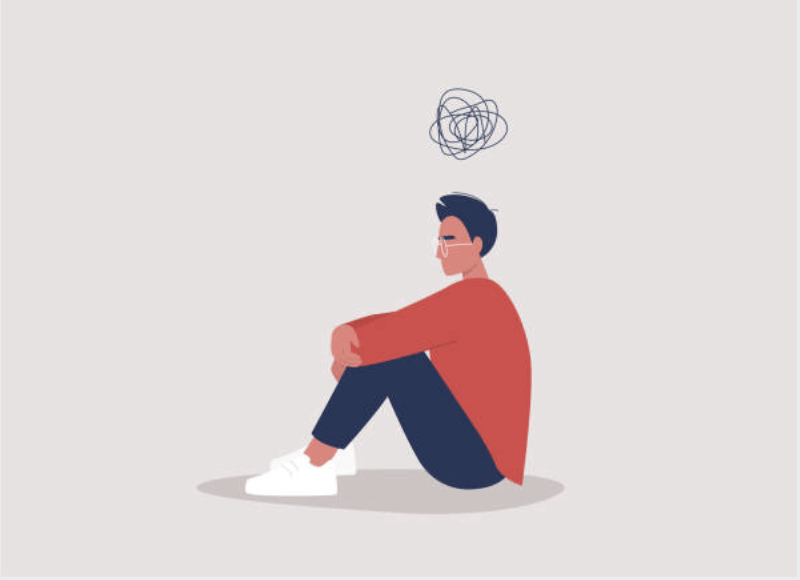
Editor’s Note: The California Partners Project conducted a statewide listening tour with California mothers, parents, and caregivers to understand how they navigated the integration of technology and devices into most aspects of their children’s lives. These evolving toolkits and best practices are meant to meet parents where they are. Coping through Change is the fourteenth toolkit.
Uncertainty about rules can create anxiety. Early in the pandemic youth adapted to new rules about social distancing, masks, and limits on activities and gatherings. But over time some rules have been relaxed, and others have been discarded based on evolving health circumstances and vaccine status. As youth restart previous routines and activities (Summer Guide, Digital Wellness Lab), they may feel stress, confusion, and exhaustion as they adjust, especially while vaccines are not yet available for younger children.
Adjusting to new norms may impact some communities differently than others. The Stress in America survey by the American Psychological Association found that Blacks (57%) feel the most “uneasy about adjusting to in-person interaction once the pandemic ends” followed by Latinos (50%), Asians (51%), and Whites (47%). The spectrum of unease will be felt throughout families.
Tips to support families with reopening anxiety
Tip 1: You know your child best and are the best judge of how much information to share about shifting rules
Parents know whether more or less information will trigger or lessen anxiety for their family. Clinical psychologist Michelle Rozenman advises parents to “provide age-appropriate transparency about why your family makes decisions about pandemic rules. Try to do so without verbalizing judgment about the decisions of other families.”
Tip 2: Move at your own pace to adjust to new realities.
Families experienced the challenges of the pandemic differently, often because of systemic inequalities. The transition to in-person activities will be different for everyone. Vicki Harrison, MSW and Program Director at the Center for Youth Mental Health and Wellbeing at Stanford University School of Medicine, reminds us that “out of necessity, we adapted to being isolated and separated so it will take time for some to adjust to new in-person routines.”
Tip 3: Ask your children questions to learn what they are feeling.
Pediatrician and child health advocate Dr. Jackie Douge suggests “take time to listen to the concerns of each child. It will be easier to tackle the issues if you know what is going on. It is more difficult to respond to an unknown.”
Tip 4: Slowly introduce new situations using your family’s rules with your children.
Clinical psychologist Michelle Rozenman recommends that “parents gradually introduce new situations using the rules you want your child to follow as restrictions ease. This gradual exposure will allow your child to practice behaviors that align with your own rules in advance and in a slow, stepwise way so that your child can adjust and become more comfortable.”
Resources
https://liberalarts.du.edu/psychology/brave
https://med.stanford.edu/psychiatry/special-initiatives/youthwellbeing/whoweare.html
https://www.whatisblack.co/aboutdrdouge
https://digitalwellnesslab.org/wp-content/uploads/Summer-Guide-2021.pdf
As California mothers, we are bringing these toolkits to you through a cross-collaborative campaign. San Francisco Bay Area Moms is proud to be working with Ventura County Mom Collective and Inland Empire Mom Collective. We too, want to “ensure our state’s media and technology industries are a force for good in child development” (part of California Partners Project Mission Statement). #TechTips4CaliMoms



















